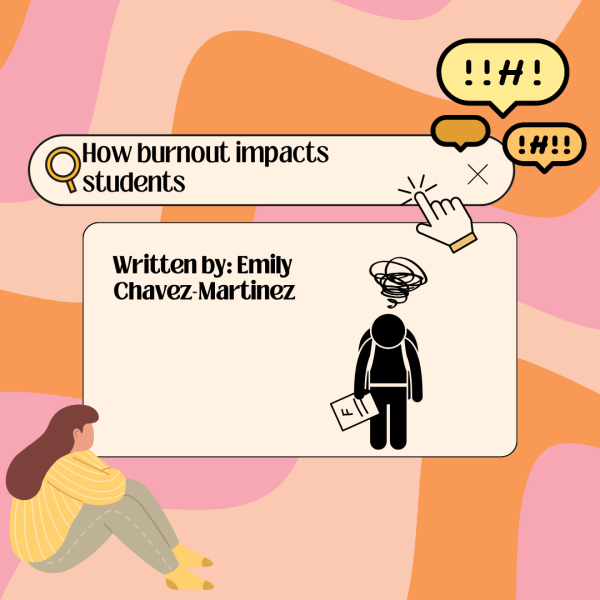Benefits Of Music

There are many benefits to music. According to Studio Banjo, music reduces the risk of cardiovascular disease, lowers blood pressure, improves sleeping habits, has many benefits to the immune system, fights against headache, reduces anxiety, improves neural communication, helps your memory, improves visual and verbal skills, and increases happiness. It has also helped patients suffering from cancer using music therapy. Another disease that music has reduced symptoms of is Alzheimer’s disease. It does not cure the disease, but it has been able to relieve the symptoms. According to North Shore University Health System, music has been able to relax annoyed patients to improve their mood and open communication in patients. According to North Shore University Health System, music is heart healthy, elevates mood, reduces stress, relieves symptoms of depression, stimulates memories, manages pain, eases pain, helps people eat less, and increases workout endurance. Music is heart healthy because it helps your blood flow, lowers blood pressure, and releases hormones like the stress hormone cortisol, serotonin, and endorphin levels. The way that it reduces stress is by triggering stress reducers. According to scientificamerican.com, musical intervention can affect heart rate, blood pressure, and heart disease patients. It is said that listening to relaxing music not only reduced heart and respiration rates but also oxygen demand of the heart in patients who have had a heart attack. Music can elevate mood because it helps the brain release dopamine levels. It can also reduce your anxiety and depression levels. According to North Shore University Health System, music is processed directly in the amygdala, which means it is part of the brain involved in mood and emotions. Music can manage and ease pain. When listening to music, it has been able to assist in pain management using music therapy. According to North Shore University, music has been able to reduce the intensity of pain. This has worked in geriatric and intensive care. Music has also been able to help people slow down when they eat their food. This works by dimming the lights and playing soft, slow music in the background. Another healthy thing music does is increase your workout endurance. Depending on the type of music you are listening to while working out, it can improve your physical performance and endurance.
- https://www.banjostudio.com/blogs/blog/mental-and-physical-health-benefits-of-music
- https://www.scientificamerican.com/article/how-music-can-literally-heal-the-heart/#:~:text=Music%20interventions%20are%20found%20to,have%20had%20a%20heart%20attack.
- https://www.northshore.org/healthy-you/9-health-benefits-of-music/
Your donation will support the student journalists of Dakota High School. Your contribution will allow us to purchase equipment and cover our annual website hosting costs.

This is Whitney's first year publishing for the Dakota Planet. Her interests are music, reading, watching tv, and hanging out with friends. Her vision...





